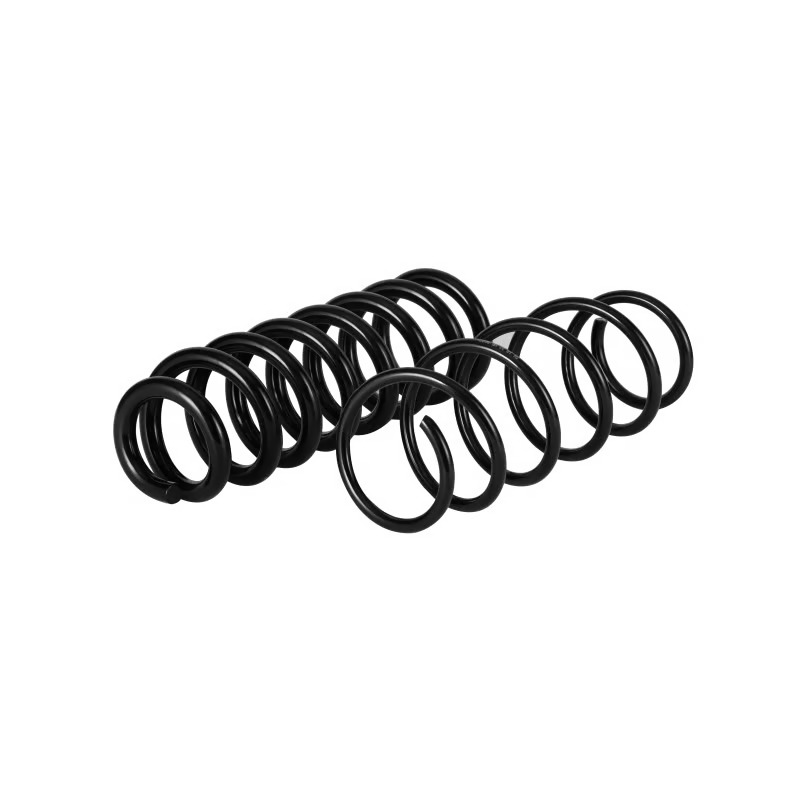What is a Suspension Spring?
A suspension spring is a vital component of a vehicle's suspension system. It is designed to absorb shocks and vibrations from the road surface, ensuring a smooth and comfortable ride for the occupants. Suspension springs are typically made of steel and come in various shapes and sizes depending on the specific vehicle model and intended use.
The Role of Suspension Springs
Suspension springs play a crucial role in maintaining proper vehicle balance and stability. They help distribute the weight of the vehicle evenly across all four wheels, allowing for improved handling and traction. Without suspension springs, the vehicle's frame would be directly connected to the wheels, resulting in a harsh and uncomfortable ride.
Types of Suspension Springs
There are several types of suspension springs commonly used in vehicles:
- Coil Springs: These are the most common type of suspension springs and are made of a single coil of steel. They provide a good balance between comfort and handling.
- Torsion Bars: Torsion bars are long metal bars that twist under load, providing the necessary spring force. They are often used in trucks and SUVs.
- Leaf Springs: Leaf springs consist of multiple layers of steel strips curved into an arc shape. They are commonly found in trucks and heavy-duty vehicles.
- Air Springs: Air springs use compressed air to support the vehicle's weight. They are often used in luxury cars and heavy-duty trucks for a smoother ride.
The Importance of Proper Suspension Spring Function
Proper functioning suspension springs are essential for several reasons:
- Comfort: Suspension springs help absorb bumps and vibrations from the road, providing a comfortable ride for the vehicle's occupants.
- Handling and Stability: Suspension springs distribute the weight of the vehicle evenly, allowing for better handling and stability, especially during cornering and braking.
- Tire Wear: A well-functioning suspension system ensures that the tires remain in contact with the road surface, promoting even tire wear and extending tire life.
- Vehicle Safety: A faulty suspension spring can negatively impact a vehicle's safety by compromising its handling, braking, and stability, potentially leading to accidents.
Signs of Suspension Spring Issues
It is essential to be aware of signs that indicate potential suspension spring problems. Some common signs include:
- Uneven Tire Wear: If you notice uneven wear on your tires, it may indicate a suspension issue, possibly a worn-out spring.
- Poor Handling: Difficulty in controlling the vehicle, especially during turns, could be a sign of worn-out or damaged suspension springs.
- Noise: Squeaking, clunking, or other unusual noises coming from the suspension area may indicate a problem with the springs.
- Vehicle Sagging: If one corner of the vehicle appears lower than the others, it could be a sign of a broken or weakened suspension spring.
Maintenance and Replacement
To ensure the proper functioning of your suspension springs, regular maintenance is essential. Here are a few tips:
- Inspection: Regularly inspect your suspension system for signs of wear or damage. Look for cracks, corrosion, or any other abnormalities.
- Alignment: Proper wheel alignment helps prevent premature wear and tear on suspension components, including springs.
- Replacement: If you notice any signs of spring issues, it is crucial to have them replaced by a qualified mechanic. Attempting to replace springs yourself can be dangerous and lead to further damage.
Conclusion
Suspension springs are vital for maintaining a smooth and comfortable ride while ensuring the safety and stability of your vehicle. By understanding their role and importance, as well as being aware of potential issues, you can keep your suspension system in top condition for years to come.

